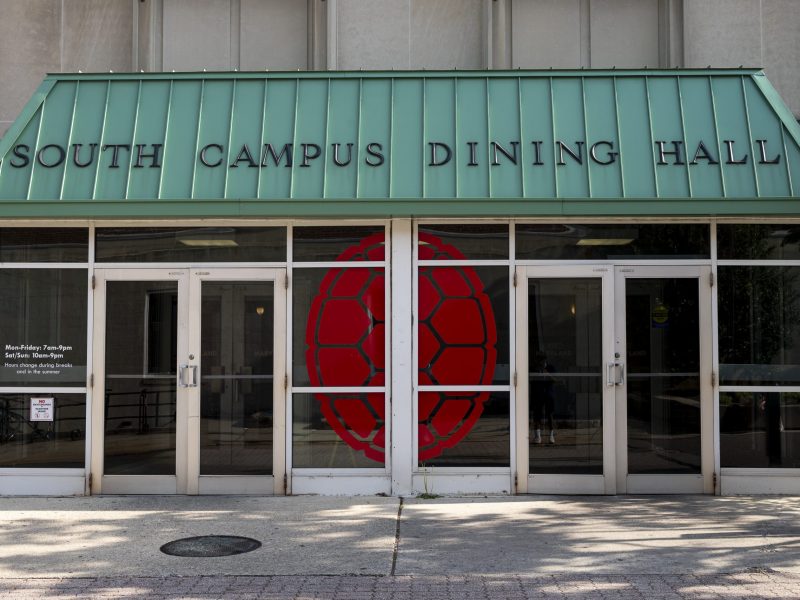University of Maryland President Wallace Loh announced a new initiative yesterday morning to create a thriving work environment and a culture of engagement and inclusion among employees at this university.
The Thriving Workplace Initiative, sponsored by the Office of the President, will be a collaboration between this university and Gallup, a research-based consulting company, to anonymously survey all employees about their engagement and inclusion in the workplace. This university’s 11,000 faculty and staff will have the opportunity to take the survey from April 18 through May 6, and the results will then be analyzed and applied to action plans with the support of this University’s Center for Leadership and Organizational Change. The university is paying for Gallup’s services.
One of the driving factors behind the employee engagement effort is to continue making this campus the best place to work, which builds on the goal to make this university “equal to the best” among public research institutions, Loh wrote in an email to faculty and staff. This is the first time this university has introduced such an initiative on this scale.
This university’s investment in student engagement has positively affected academic success, Loh said, and the hope is that increasing employee engagement will increase productivity, decrease turnover rates and bring a better morale to faculty and staff.
“I think if we have a workforce that feels a certain passion and purpose for its work, not because they’re getting paid but because they feel committed that the University of Maryland will be one of the best institutions in the country,” Loh said. “They’re going to work hard and work well. … I think it’s going to be worth the time and money that we invest.”
The follow-up work after the survey process will continue throughout the coming year, said Laura Scott, CLOC’s director and one of the initiative’s implementation team members. The process will be repeated at least once more following the first action plans, Scott said.
“This is not a one-and-done; this is about an ongoing investment,” said Cynthia Edmunds, assistant to the president. “As an institution, we have so many aspirations and inspirations and expectations that make us successful. The one resource that could make or break what makes us the best really [is the] people.”
The initiative strives to be representative, reflective, educational and sustainable, Edmunds said. The team working on the initiative has incorporated these core elements in each of the steps, from the survey to the action plan to the expected collaboration and the breadth of the goals, she said.
This university’s graduate school has been a part of a pilot program for a similar survey and employee engagement process since 2014, and Assistant Dean and Chief of Staff Jeffrey Franke said it has been noticeably successful in his department.
“Our staff is better because of what we’re doing,” Franke said. “I think it helps us as managers to know we’re responding to what the staff needs. I would say that we have a very different, engaged staff now.”
Every department will have access to its survey results and consultation with CLOC, Edmunds said, which will work to implement changes in training, development and personal meetings.
“We’re one institution,” she said, “so no matter who you are or what you do, the work that you do matters.”


